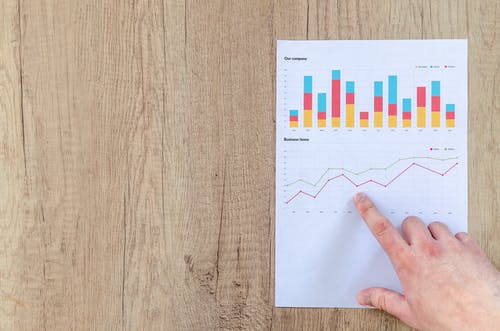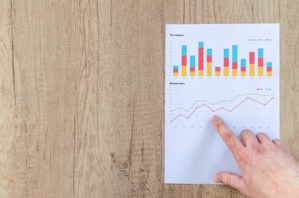The investors at Wall Street who put their money in “newly listed stocks at their exclusive IPO prices” earned “huge returns in 2020”. Additionally, the retail investors also saw “tidy gains” as oppose to being accustomed of usually missing out on “the best process”.
As per information provided by a Reuters analysis:
“Shares of companies that went public via IPOs or direct listings this year on average have surged 75%, with corporations that have yet to report a profit jumping more than twice as much as those with positive bottom lines”.
This number demonstrate “stunning result” from a year that saw stocks plunging down due to the quick reach of COVID-19 pandemic as the globe economy went under lockdown in the spring following which they turned around to conquer “fresh highs”. Moreover, companies that sought to “list share” received acceptance amid the expectations of them benefitting from “low interest rates, eventual economic recovery and a rollout of vaccines”.
The analysis involved more than two hundred companies which “held IPOs in the United States this year” along with “a handful of direct listings” from the companies like “Asana and Palantir Technologies”. While, Refinitiv data claims that nearly 70% of the companies that listed their shares this year are “not run profitably”. The underwriters’ reservation include most of the “new shares in red-hot IPOs” for the “top institutional investors” as they mostly remove “small investors” wanting to purchase shares only after they begin trading.
According to the “Brokerage Citadel Securities”, retail investors contributed to one fourth of the “stock market activity in 2020”. There has been a considerable gar between the returns of IPO prices as oppose to “closing prices of the first day of trading” whereby underscoring the advantage that the “institutional investors” get on Wall Street. Airbnb has been the most “anticipated stock market debutant” in 2020, while it has gone up by 121% in comparison to its IPO prices listed on December 10, while Airbnb’s first day closing price was only up by 4%. While Reuters informed:
“The median IPO return, which reduces the influence of the most extreme winners and losers, so far in 2020 is 51%, shrinking to a more modest 13% based on closing prices after the first trading days”.
References:
reuters.com
As per information provided by a Reuters analysis:
“Shares of companies that went public via IPOs or direct listings this year on average have surged 75%, with corporations that have yet to report a profit jumping more than twice as much as those with positive bottom lines”.
This number demonstrate “stunning result” from a year that saw stocks plunging down due to the quick reach of COVID-19 pandemic as the globe economy went under lockdown in the spring following which they turned around to conquer “fresh highs”. Moreover, companies that sought to “list share” received acceptance amid the expectations of them benefitting from “low interest rates, eventual economic recovery and a rollout of vaccines”.
The analysis involved more than two hundred companies which “held IPOs in the United States this year” along with “a handful of direct listings” from the companies like “Asana and Palantir Technologies”. While, Refinitiv data claims that nearly 70% of the companies that listed their shares this year are “not run profitably”. The underwriters’ reservation include most of the “new shares in red-hot IPOs” for the “top institutional investors” as they mostly remove “small investors” wanting to purchase shares only after they begin trading.
According to the “Brokerage Citadel Securities”, retail investors contributed to one fourth of the “stock market activity in 2020”. There has been a considerable gar between the returns of IPO prices as oppose to “closing prices of the first day of trading” whereby underscoring the advantage that the “institutional investors” get on Wall Street. Airbnb has been the most “anticipated stock market debutant” in 2020, while it has gone up by 121% in comparison to its IPO prices listed on December 10, while Airbnb’s first day closing price was only up by 4%. While Reuters informed:
“The median IPO return, which reduces the influence of the most extreme winners and losers, so far in 2020 is 51%, shrinking to a more modest 13% based on closing prices after the first trading days”.
References:
reuters.com






